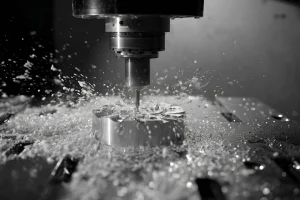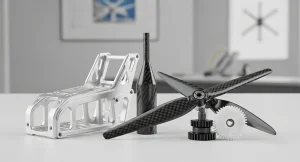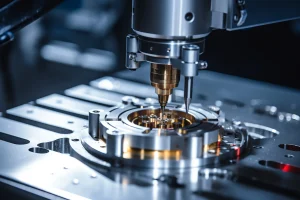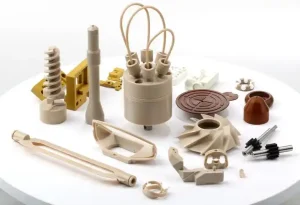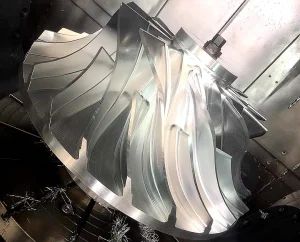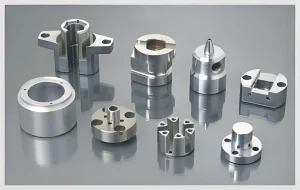In the vast territory of manufacturing, plastic deposition molding technology is like a strong new wind, leading the profound transformation of product design and production with its extraordinary potential. This technology not only demonstrates its high efficiency and flexibility, but also shows a strong influence in multiple dimensions such as personalized customization, material innovation and cost control. Below, we will explore in depth the core advantages of plastic deposition molding and reveal how it has become the key to unlocking a new chapter in the manufacturing industry.
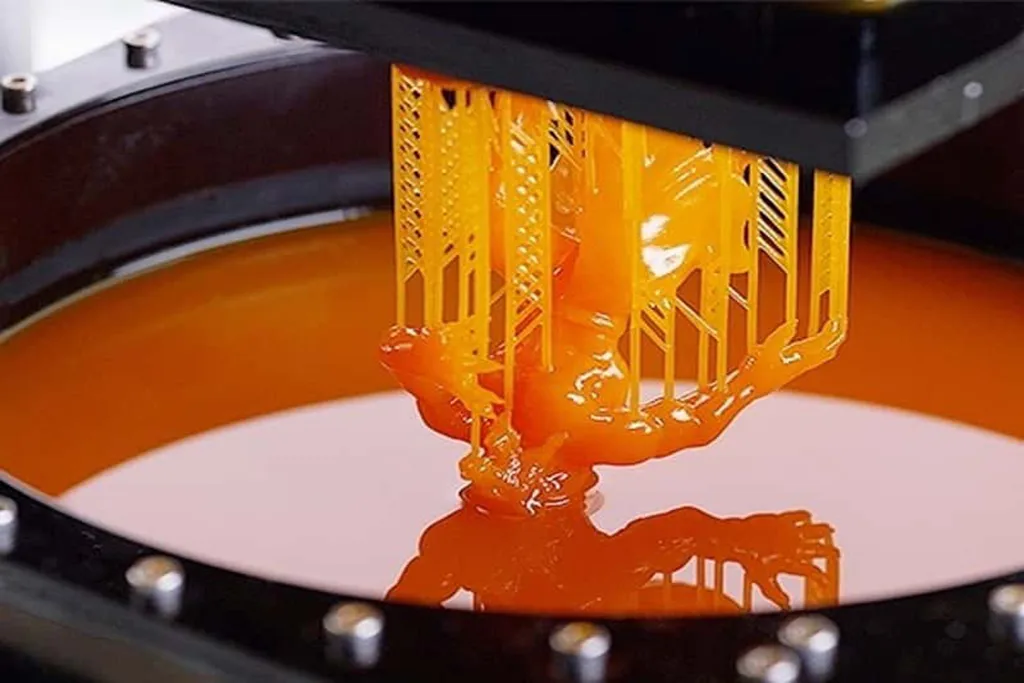
- Personalized customization: turning creativity into reality
Under the excellent empowerment of plastic deposition molding technology, the dream of personalized customization has finally been realized. Traditional manufacturing methods are limited by the fixed nature of molds, making it difficult to create diversified and personalized products. But deposition molding technology is like an extraordinary artist, accurately capturing every delicate idea of the designer and cleverly transforming them into real and tangible objects. From unique accessories to personalized mobile phone shells to complex medical auxiliary equipment, deposition molding technology can accurately create one by one to meet consumers’ urgent needs for personalized products.
- Efficient and flexible: Accelerate product iteration cycle
Compared with the cumbersome and time-consuming traditional manufacturing processes, plastic deposition molding technology, with its efficient and flexible characteristics, significantly shortens the cycle from design to finished product. Designers only need to easily adjust the design in the software, and the machine can respond quickly to produce the corresponding prototype or finished product. This ability to iterate quickly is of immeasurable value to modern companies that pursue speed and innovation. It enables companies to respond quickly to market changes and flexibly adjust product strategies, thereby taking a leading position in the fierce market competition.
- Material innovation: broaden product application areas
The material diversity of plastic deposition molding technology provides unlimited possibilities for its application in the manufacturing industry. In addition to traditional plastic materials, the technology can also support the printing of a variety of new materials, such as biocompatible materials, high-performance engineering plastics and recyclable materials. This diversity of material selection not only provides designers with a broader creative space, but also greatly broadens the application areas of products. From medical implants to aerospace components, from consumer electronics to environmentally friendly buildings, deposition molding technology is showing its extraordinary potential in various fields with its unique charm.
- Cost Control: Reduce Manufacturing Costs and Risks
In terms of cost control, plastic deposition molding technology demonstrates its unique superiority. Compared with the traditional manufacturing method that requires huge mold and production line investment, deposition molding technology reduces the dependence on molds and cuts the initial investment cost. In addition, this technology can directly print complex structures, eliminating multiple processing and cumbersome assembly links in traditional manufacturing, further reducing manufacturing costs. For start-ups and small manufacturers, it not only reduces manufacturing costs, but also reduces uncertainty and risks in production.
In summary, plastic deposition molding technology is gradually changing the face of the manufacturing industry with its core advantages such as personalized customization, high efficiency and flexibility, material innovation and cost control. It greatly broadens the creative space of designers and gives companies extraordinary competitive advantages. In an era where opportunities and challenges coexist, plastic deposition molding technology will become the core force to promote the development of the manufacturing industry.

